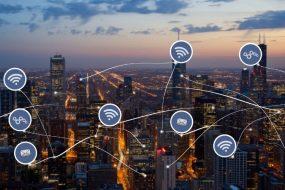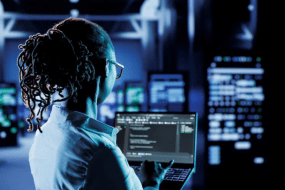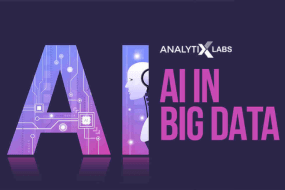In today’s rapidly evolving educational landscape, the need for an inspiring and forward-looking slogan is more critical than ever. Your slogan should encapsulate the essence of the educational journey that lies ahead, capturing the spirit of innovation, adaptation, and limitless possibilities.
The future of education slogan is exciting and filled with possibilities. As we embrace technology, personalize learning, and open the doors to global education, we have the opportunity to create a more inclusive and equitable educational landscape. However, addressing the challenges that arise along the way will be crucial to ensuring that the future of education is bright for all.
The world of education is undergoing a profound transformation, driven by advancements in technology, shifts in societal needs, and the ongoing pursuit of excellence in learning. In this article, we will delve into the exciting possibilities and challenges that lie ahead as we explore the future of education.
Introduction
The world is changing at an unprecedented pace, and education must evolve to keep up. The days of traditional classrooms and one-size-fits-all teaching methods are gradually giving way to a new era of learning that is more dynamic, flexible, and tailored to individual needs. In this article, we will explore the key trends and innovations shaping the future of education, from the integration of technology to personalized learning approaches and the globalization of knowledge.
The Digital Revolution in Education
One of the most significant driving forces behind the future of education is the digital revolution. With the proliferation of smartphones, tablets, and high-speed internet, learning is no longer confined to physical classrooms. Students can access a world of knowledge at their fingertips, and educators can harness digital tools to create engaging and interactive learning experiences.
Personalized Learning: Tailoring Education to Individual Needs
In the future, education will be increasingly personalized. Adaptive learning platforms and AI-driven algorithms will enable educators to tailor lessons to each student’s unique learning style and pace. This personalized approach not only enhances comprehension but also keeps students motivated and engaged.
The Role of Artificial Intelligence in Education
Artificial intelligence (AI) is set to play a pivotal role in education. AI-powered chatbots can provide instant assistance to students, while machine learning algorithms can analyze data to identify areas where students may be struggling. Additionally, AI can help educators create more personalized learning materials and assessments.
Online and Blended Learning Environments
Online learning is no longer an alternative; it’s becoming the norm. The future of education will see the continued growth of online and blended learning environments, allowing students to learn at their own pace and from anywhere in the world. This flexibility is particularly beneficial for adult learners and those balancing education with other responsibilities.
Globalization of Education: Learning Beyond Borders
Education knows no boundaries in the digital age. The future will see an increase in global collaborations and partnerships between educational institutions. Students will have the opportunity to learn from experts and peers from around the world, gaining a more comprehensive understanding of global issues and diverse perspectives.
Challenges in the Future of Education
While the future of education holds immense promise, it also presents challenges. The digital divide, concerns about data privacy, and the need to continually update curricula to match evolving job market demands are among the obstacles that must be addressed. Overcoming these challenges will be crucial to ensuring equitable access to quality education.
Innovations in Assessment and Evaluation
Traditional exams may become a thing of the past as new assessment methods emerge. Continuous assessment, e-portfolios, and competency-based evaluations are gaining traction. These approaches provide a more holistic view of a student’s abilities and allow for a deeper understanding of their progress.
Empowering Educators for the Future
As education evolves, so must educators. Professional development and training will be essential to equip teachers with the skills and knowledge needed to thrive in the digital age. The role of educators will shift from being the sole source of information to facilitators of learning experiences.
Conclusion
The future of education is exciting and filled with possibilities. As we embrace technology, personalize learning, and open the doors to global education, we have the opportunity to create a more inclusive and equitable educational landscape. However, addressing the challenges that arise along the way will be crucial to ensuring that the future of education is bright for all.







